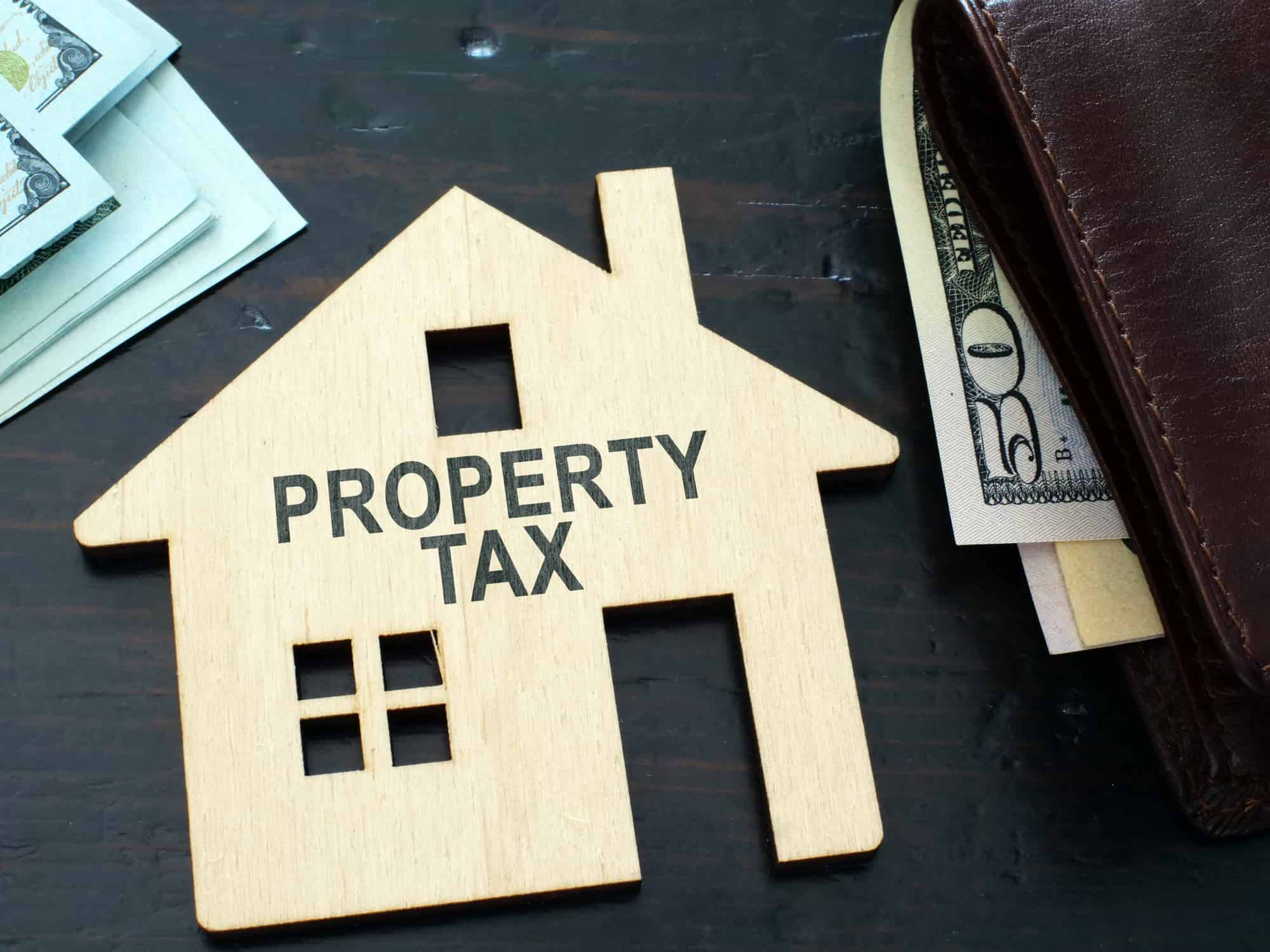



Owning property in the UK can be a lucrative investment—but it also comes with strict tax obligations. If you earn income from letting out property, understanding your responsibilities for property income tax filing is essential. Failure to comply can lead to penalties, interest charges, and increased scrutiny from HMRC. Whether you’re a private landlord, portfolio investor, or accidental homeowner-turned-landlord, this guide outlines the key requirements, timelines, and support services available for filing UK property income tax accurately and on time.
If you earn rental income from residential or commercial property in the UK, you must declare it on your Self Assessment tax return, even if you live abroad. This includes:
Private landlords letting single or multiple properties
Owners of houses in multiple occupation (HMOs)
Buy-to-let investors
Accidental landlords (e.g., those letting former homes)
Overseas landlords with UK rental income
Joint owners (e.g., spouses or siblings sharing a property)
Even if your net rental income is below the personal allowance, you are still required to report it if you're already completing a Self Assessment return.
5 October: Deadline to register for Self Assessment if you’re a new landlord.
31 October: Deadline for paper tax returns (less common today).
31 January: Online filing deadline for the previous tax year (e.g., file by 31 Jan 2026 for income from 6 April 2024 to 5 April 2025).
31 January & 31 July: Payment dates for any tax owed, including advance payments on account.
Late filing and payments incur automatic penalties and interest, so timeliness is crucial.
You must declare gross rental income and any associated expenses. Common examples include:
Rent received from tenants
Payments for additional services (e.g., cleaning, parking)
Insurance claims for lost rent
Income from holiday lets (under specific conditions)
Letting agent fees
Property repairs and maintenance
Insurance premiums
Council tax, utilities (if paid by the landlord)
Mortgage interest (subject to restricted relief)
Service charges and ground rent
Accountant or legal fees related to the rental
Making Tax Digital (MTD) is a key part of HMRC’s digital transformation. From April 2026, landlords with income above £50,000 must keep digital records and submit quarterly updates to HMRC. Those earning above £30,000 will be included from April 2027.
Fraser Bond recommends early preparation by adopting digital tools and seeking professional tax support.
Fraser Bond works alongside specialist tax advisors and accountants to help landlords stay compliant, efficient, and stress-free when filing property income tax. Whether you own a single buy-to-let or a large portfolio, we help you:
Track Allowable Expenses: Ensure no deductions are missed.
Coordinate with HMRC: Stay up to date with filing and payments.
Prepare for MTD: Transition to digital records and quarterly submissions.
Reduce Tax Liability: Optimise reliefs and allowances.
Comply as a Non-Resident Landlord: Ensure income is reported under the Non-Resident Landlord Scheme (NRLS).
Our end-to-end support lets landlords focus on asset growth while staying fully compliant with HMRC rules.
Filing property income tax in the UK is more than just ticking a box—it’s a legal obligation that demands accuracy, awareness of allowable deductions, and adherence to changing HMRC policies. With digital reporting becoming the norm, proactive tax management is more important than ever. Fraser Bond offers tailored support to help landlords meet their obligations while maximising tax efficiency.